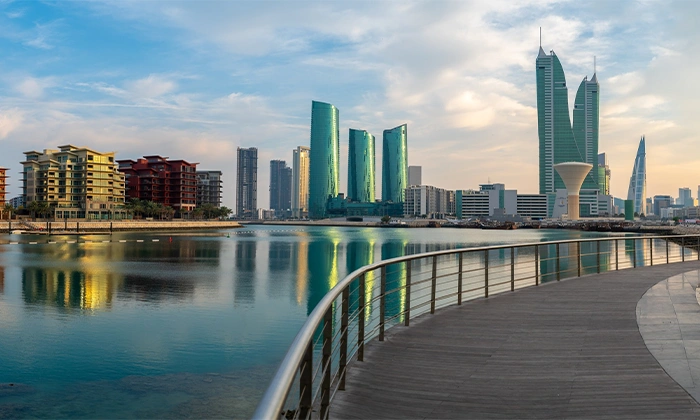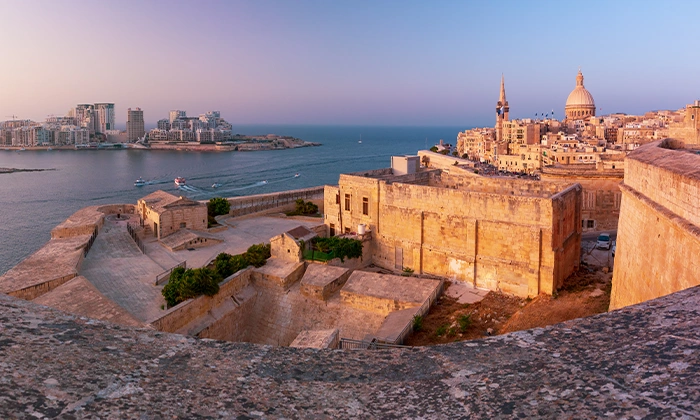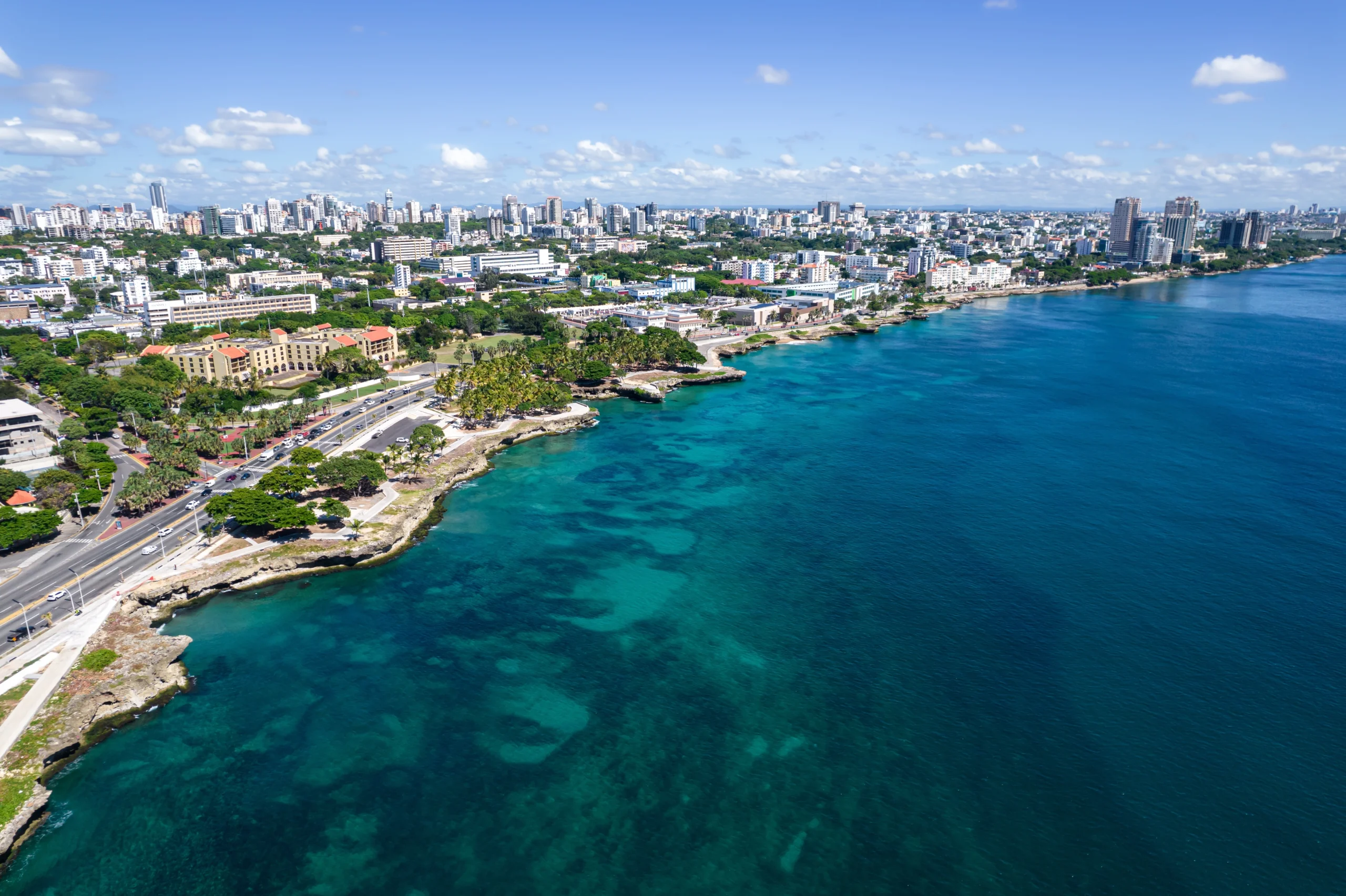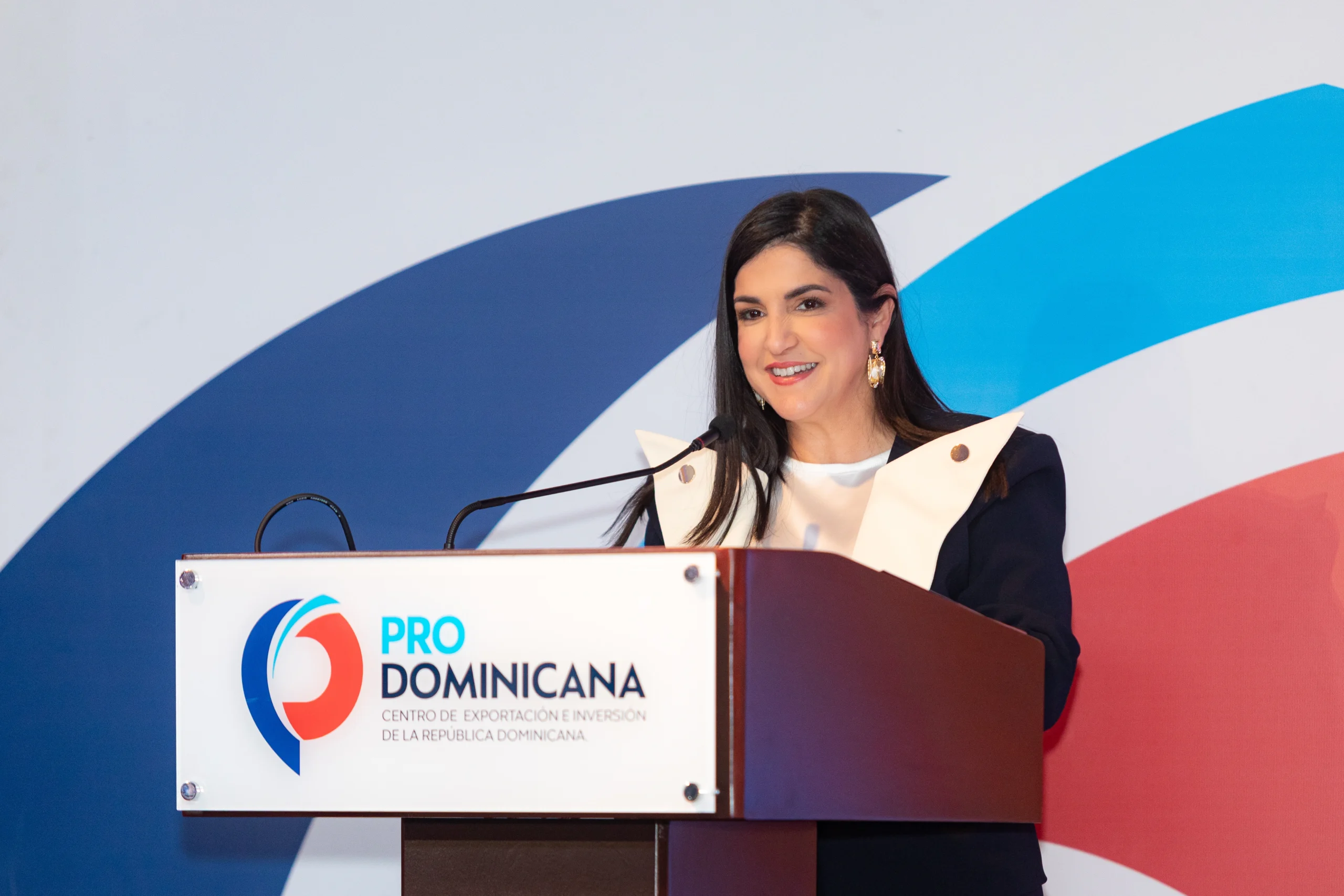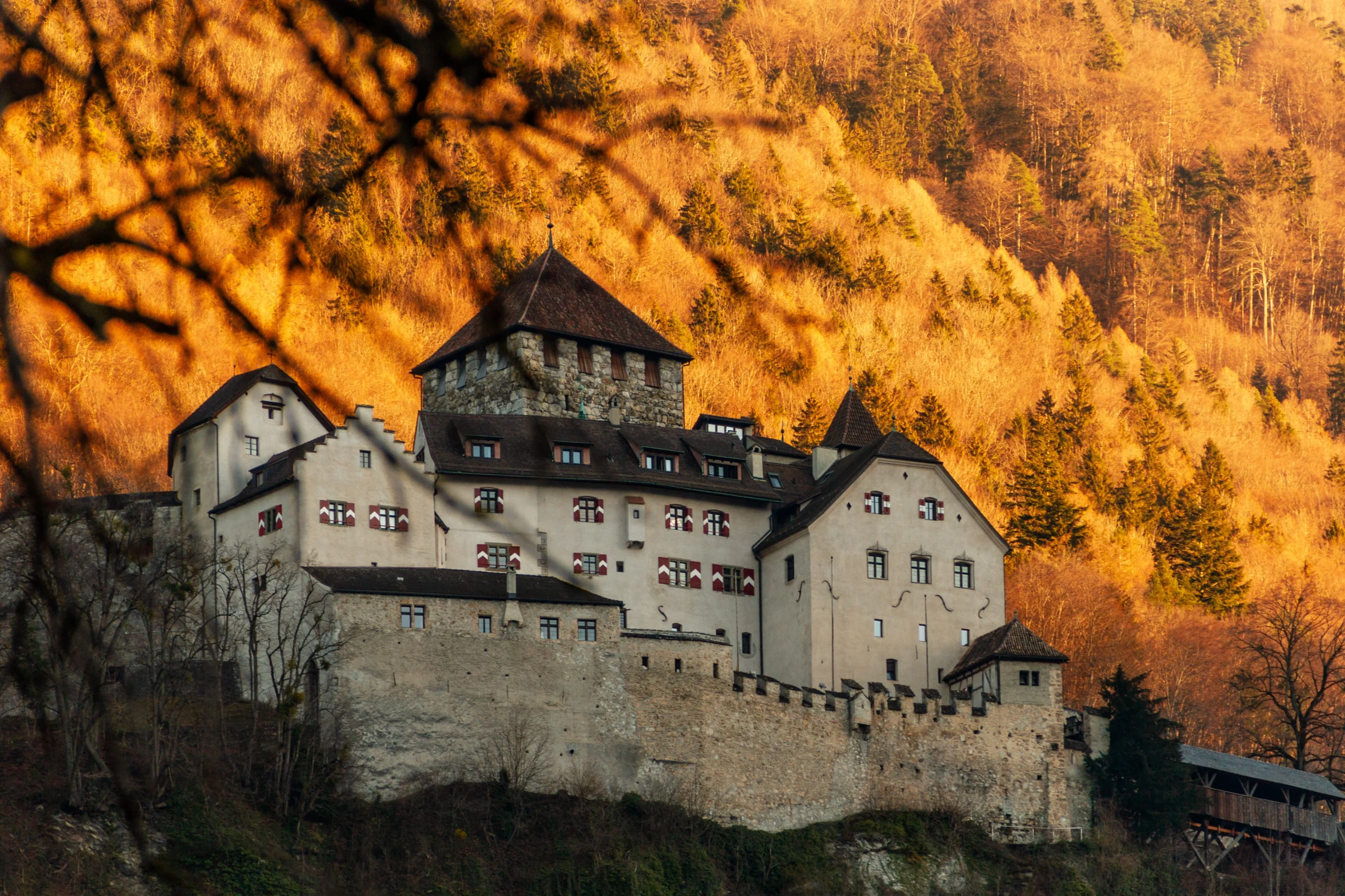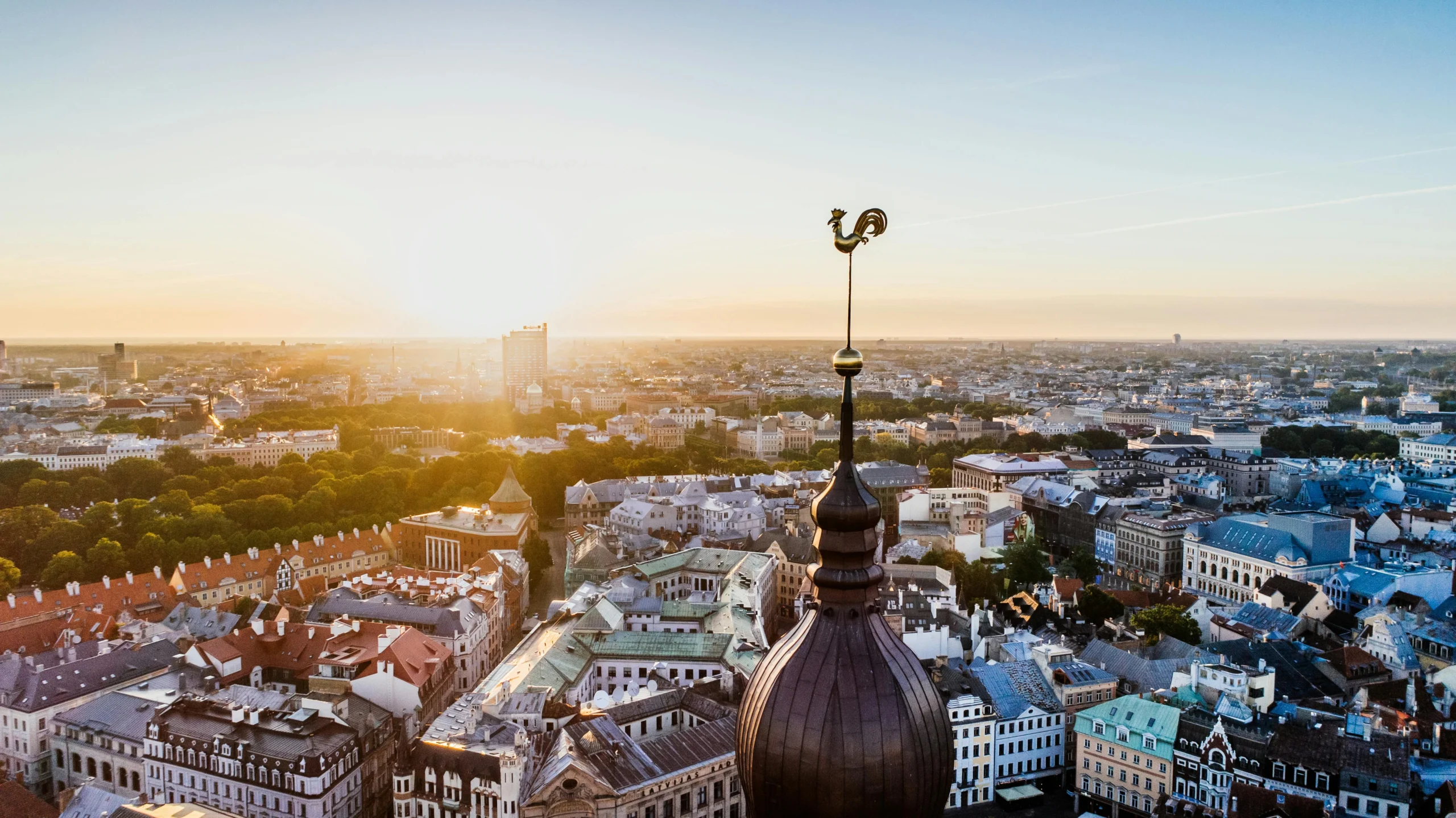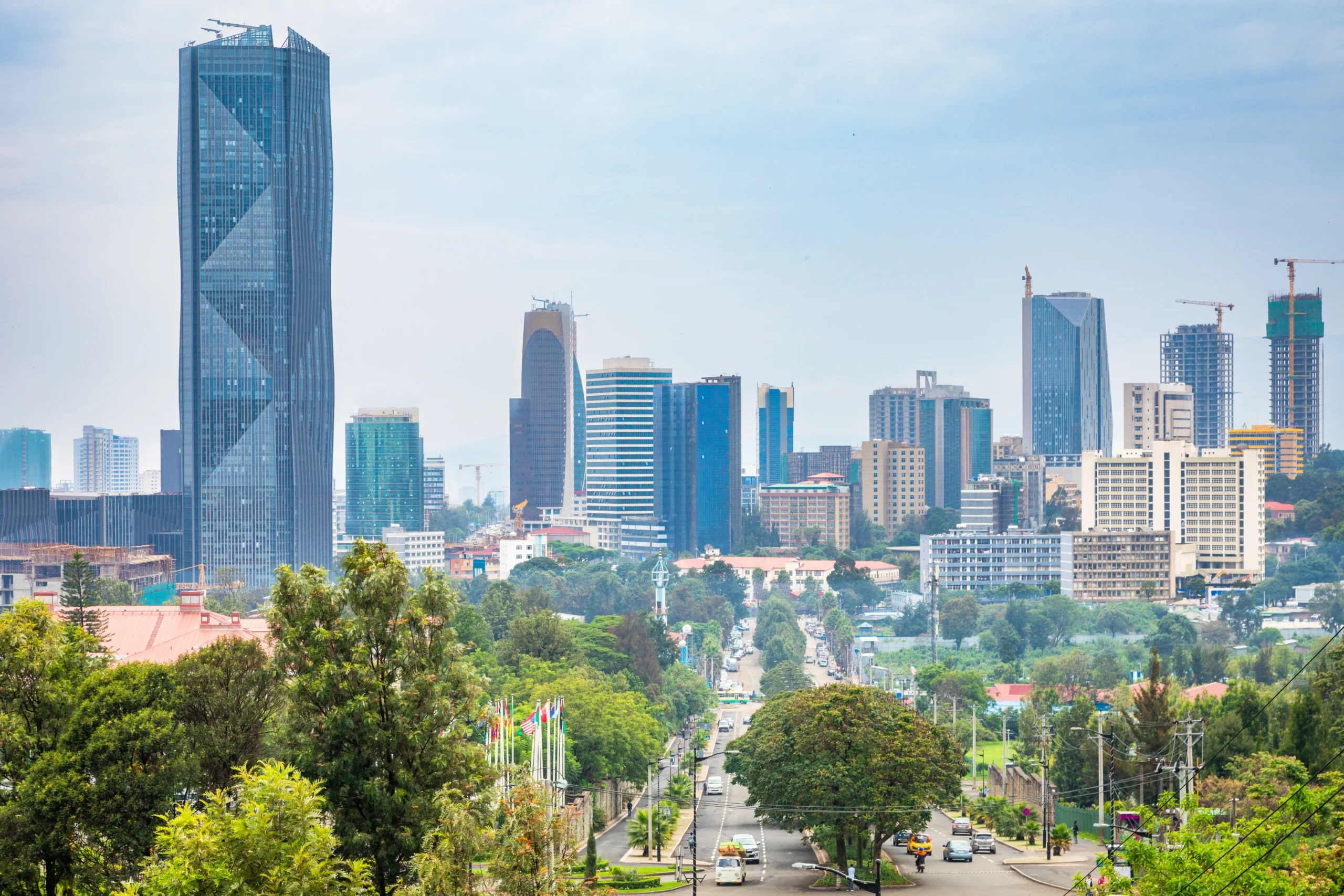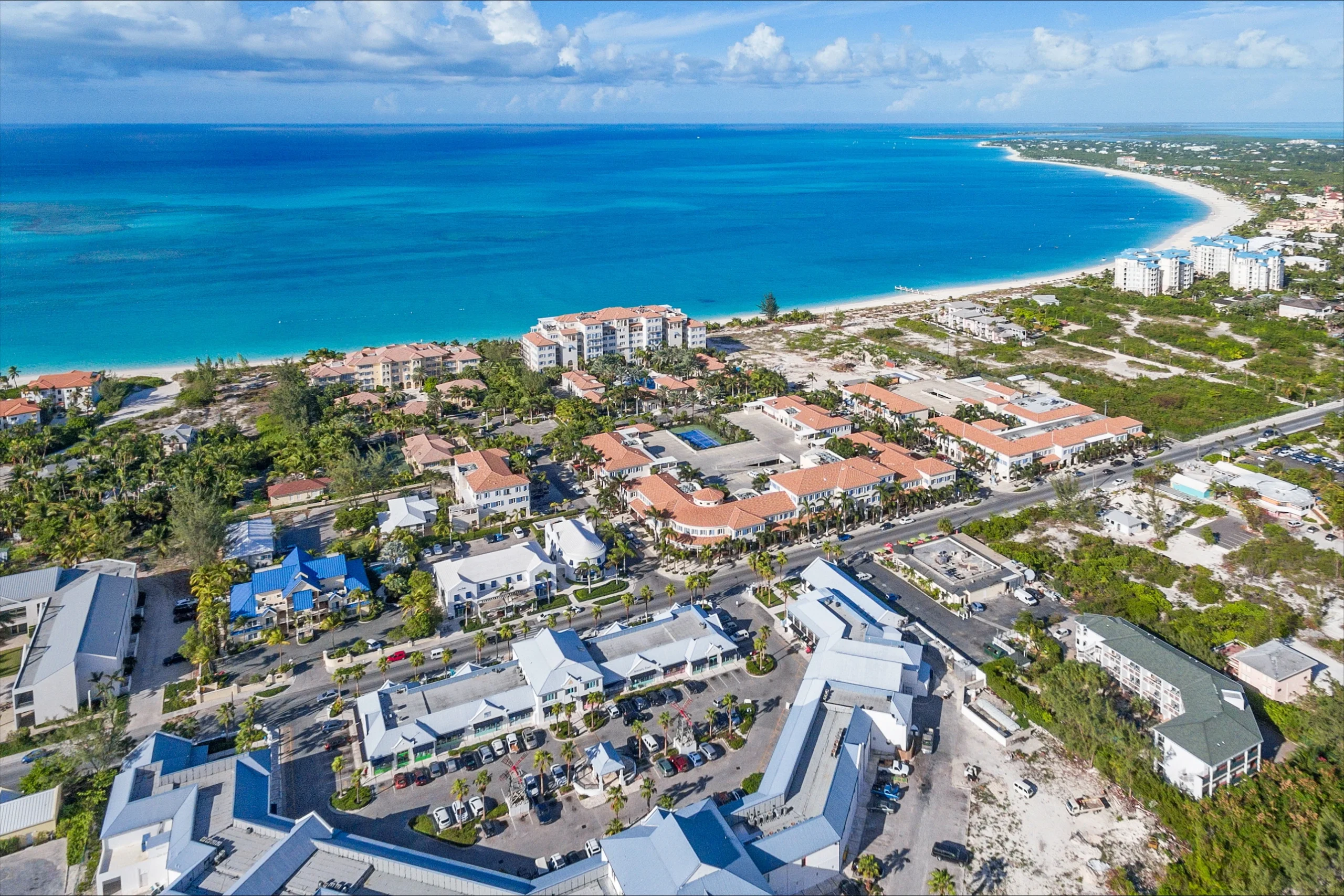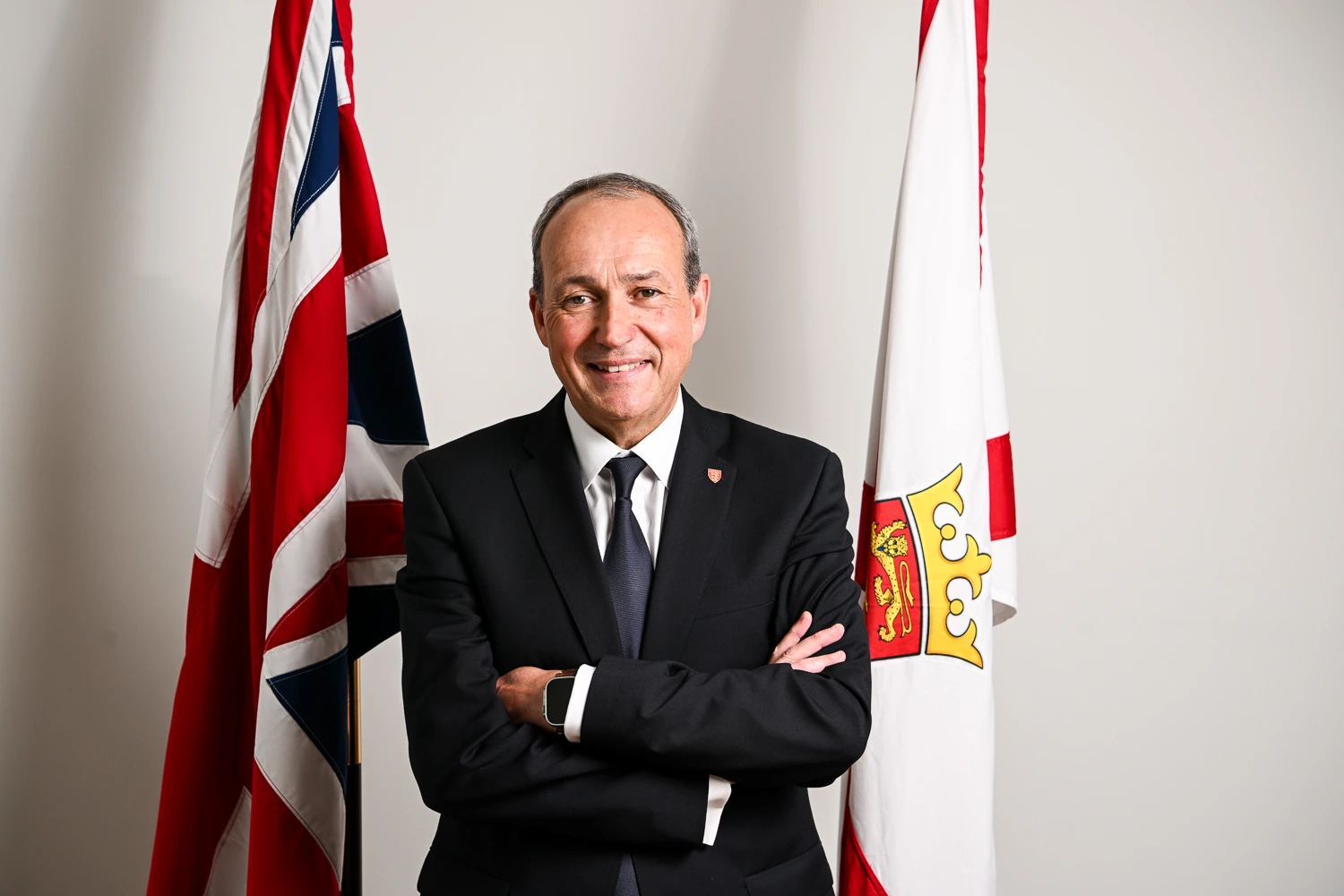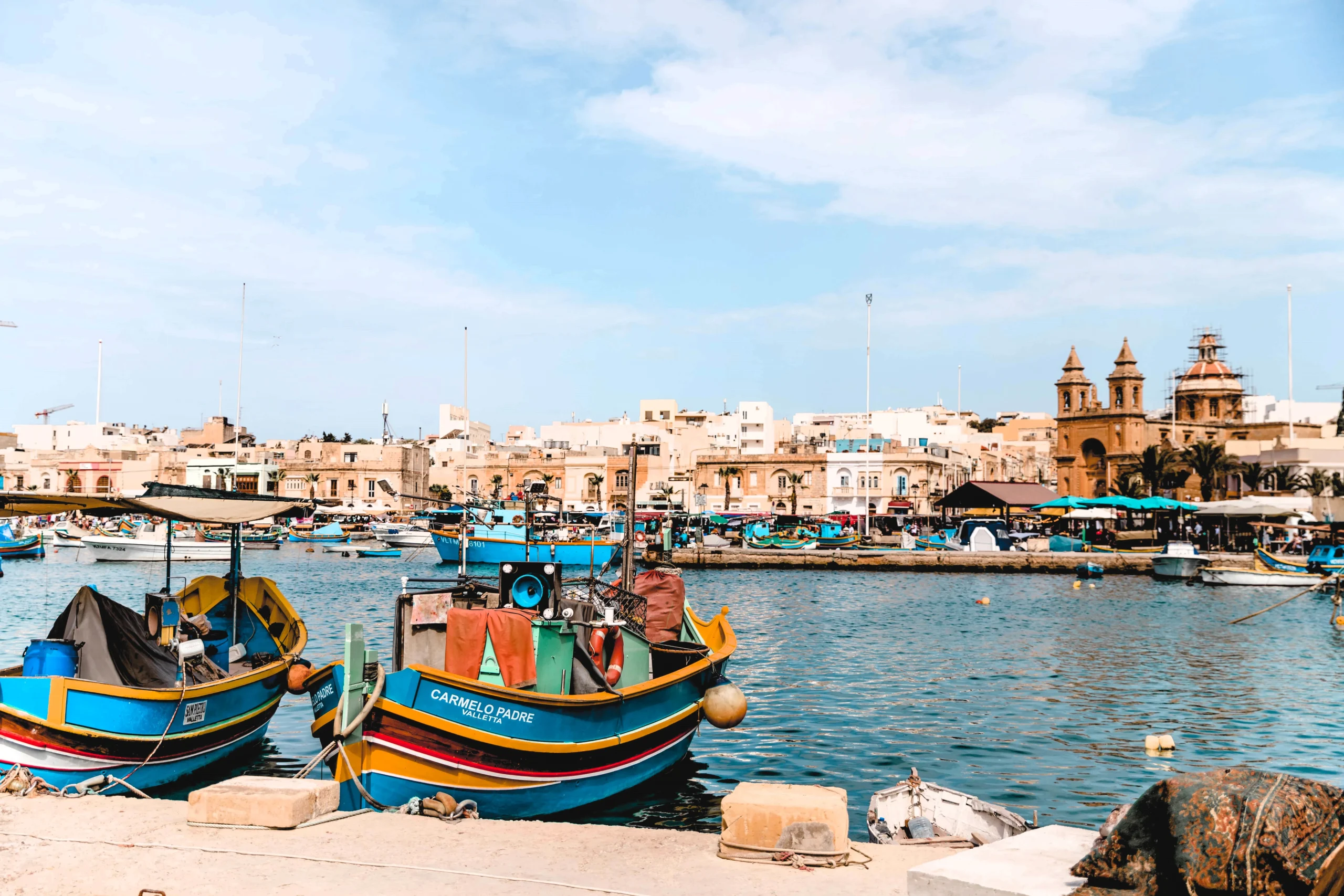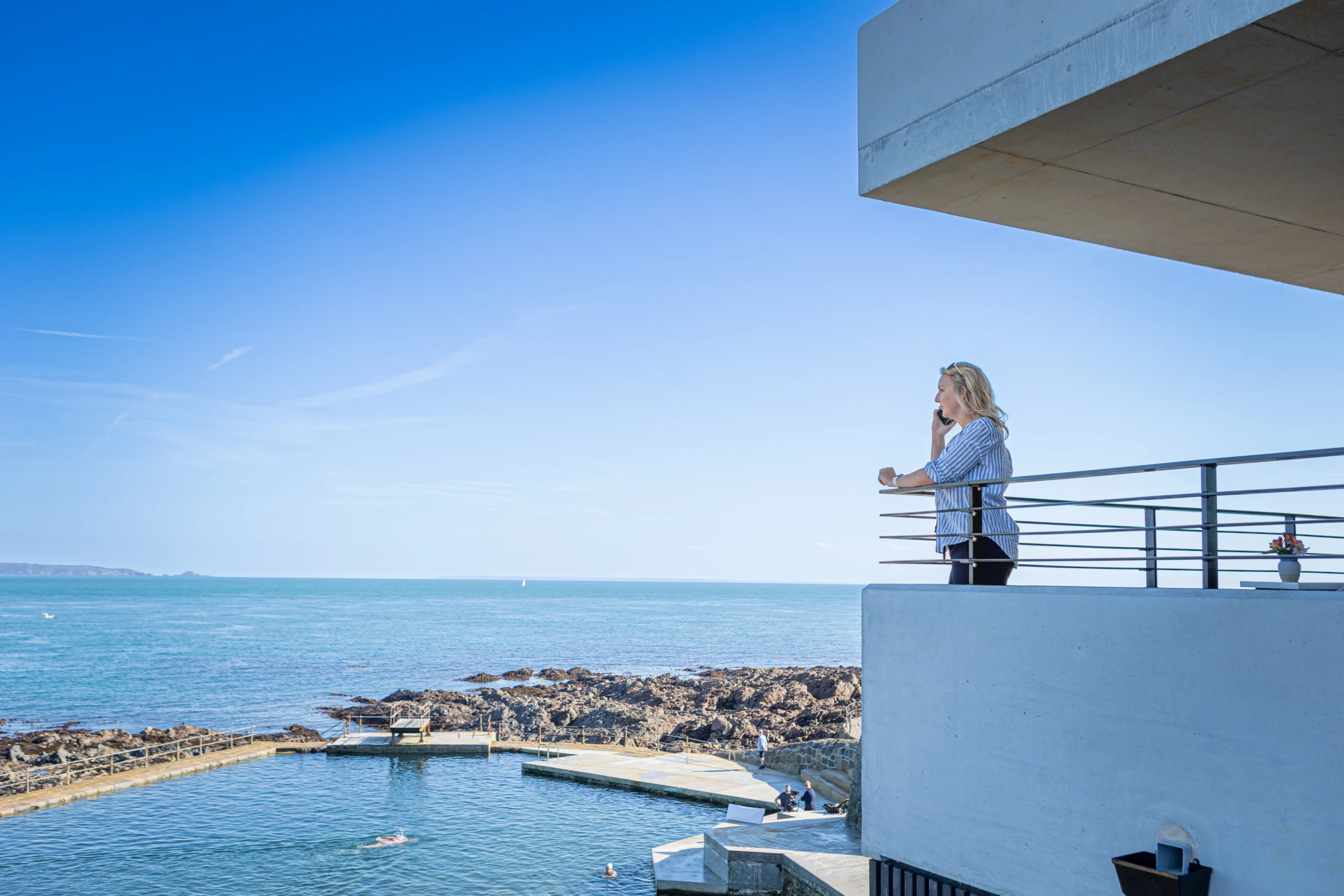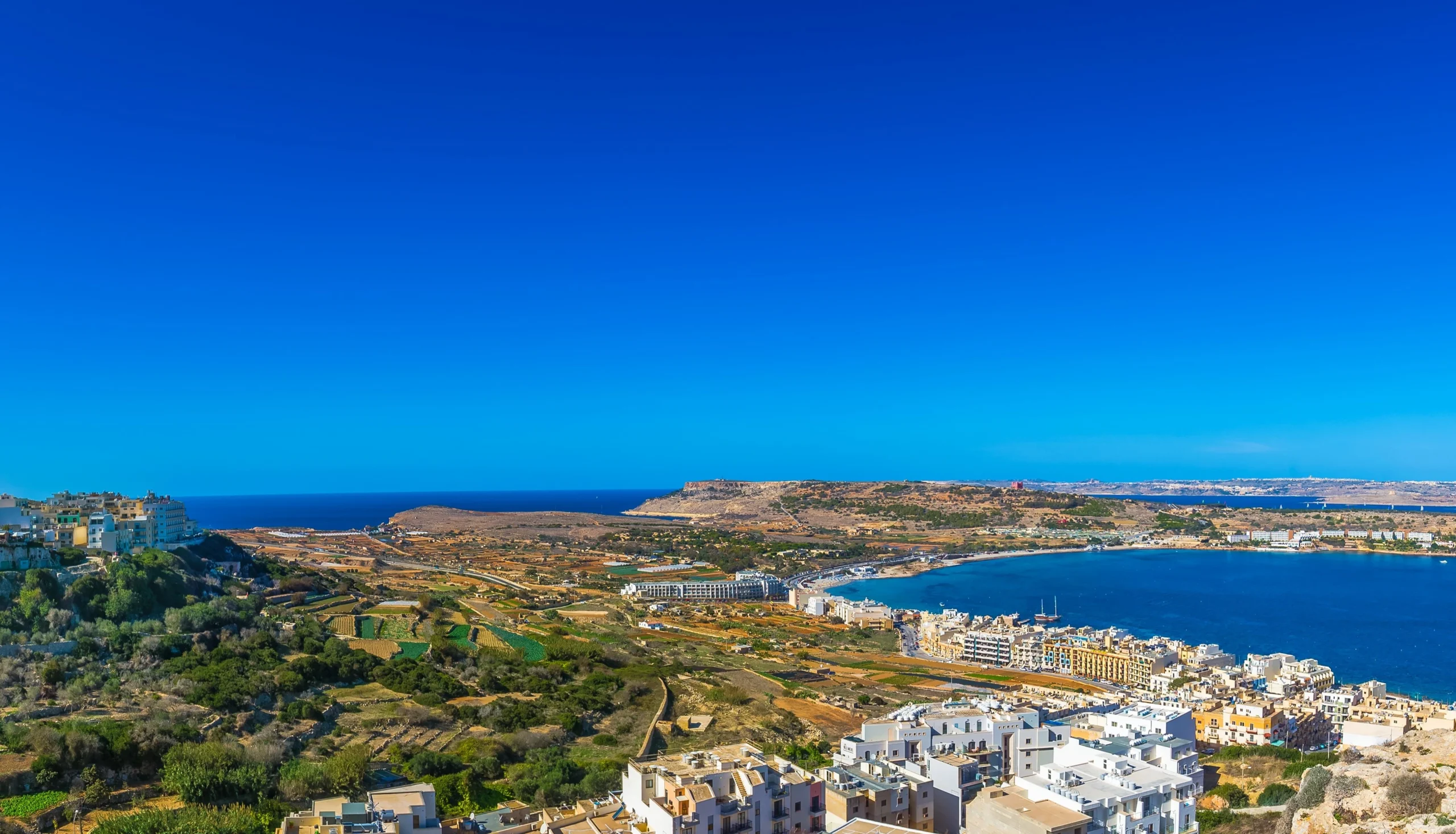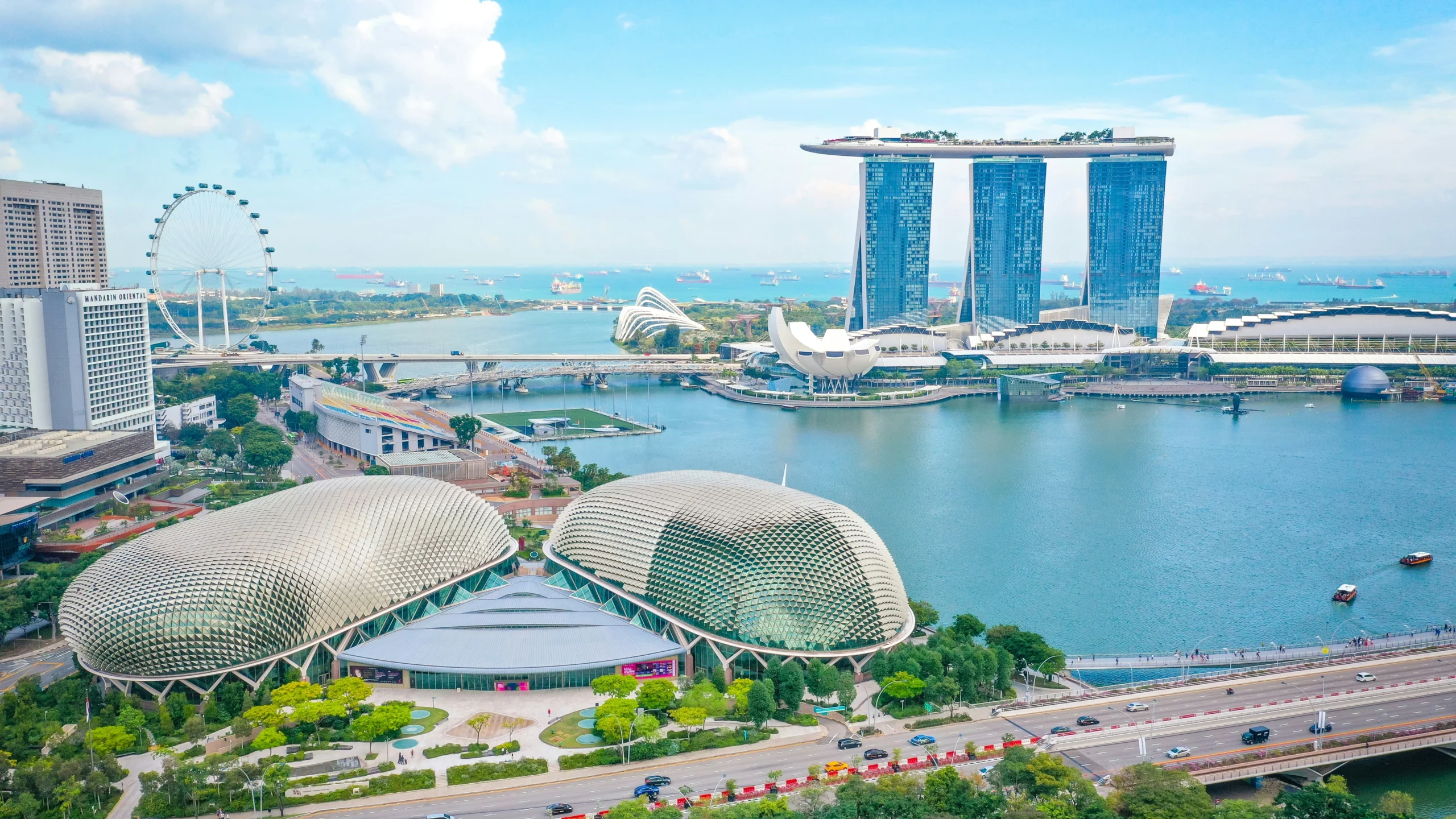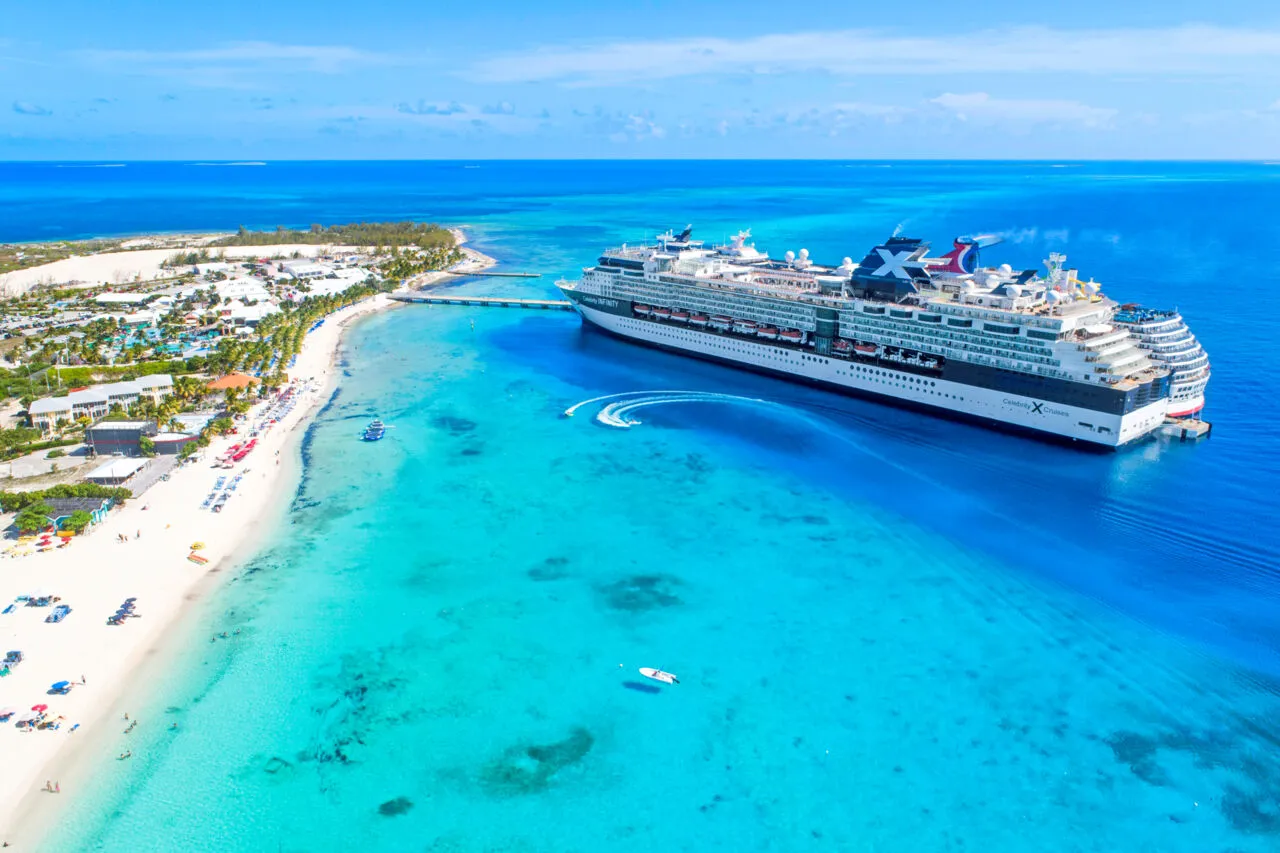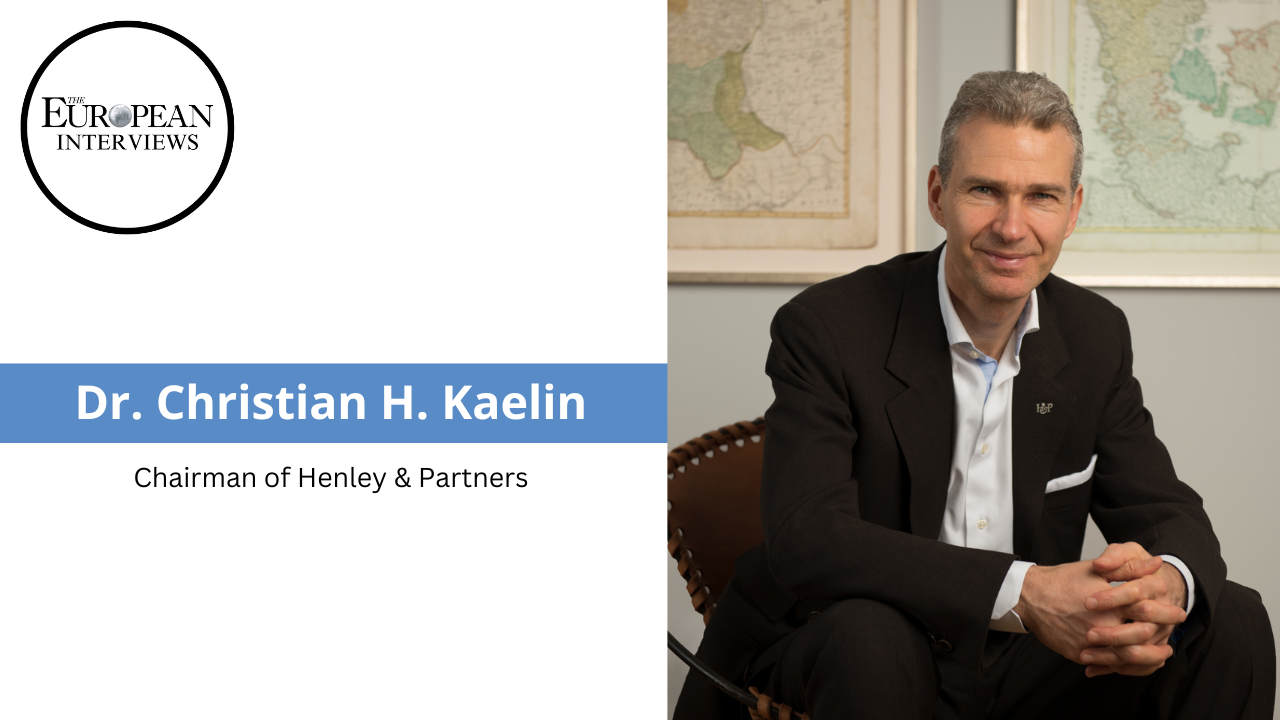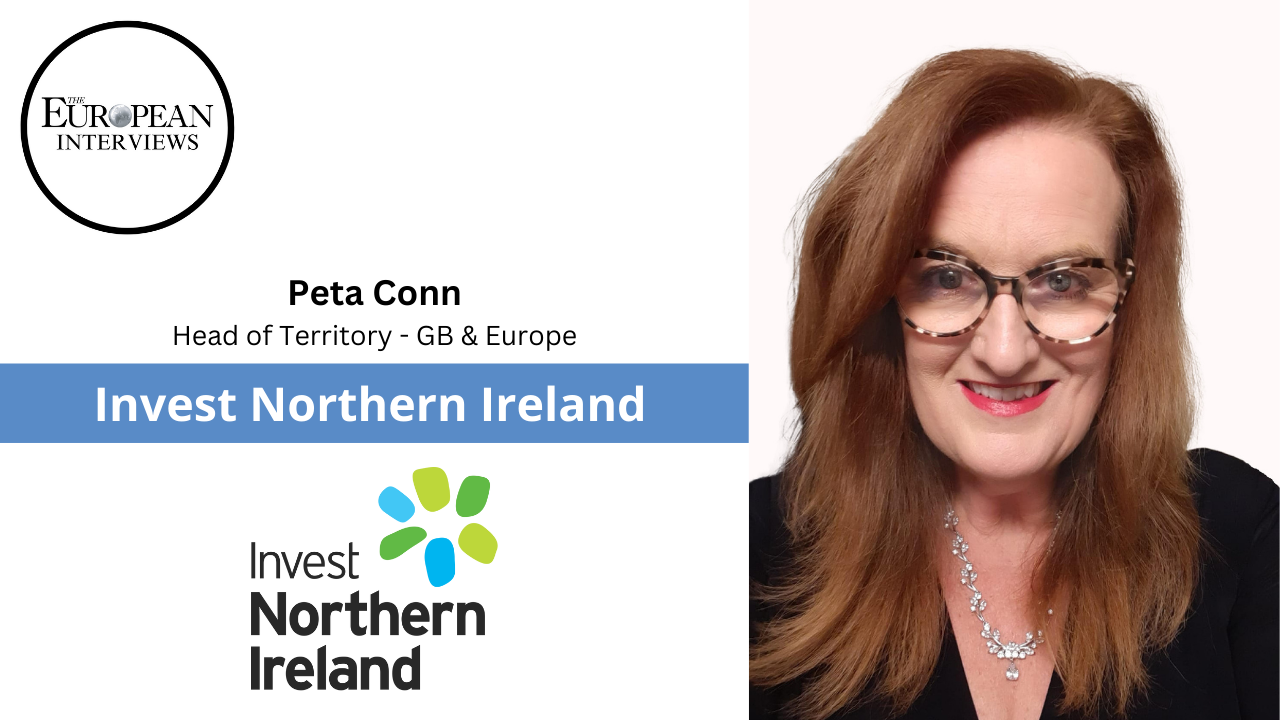Costa Rica: The gold standard in global FDI

John E. Kaye
- Published
- Foreign Direct Investment, Home
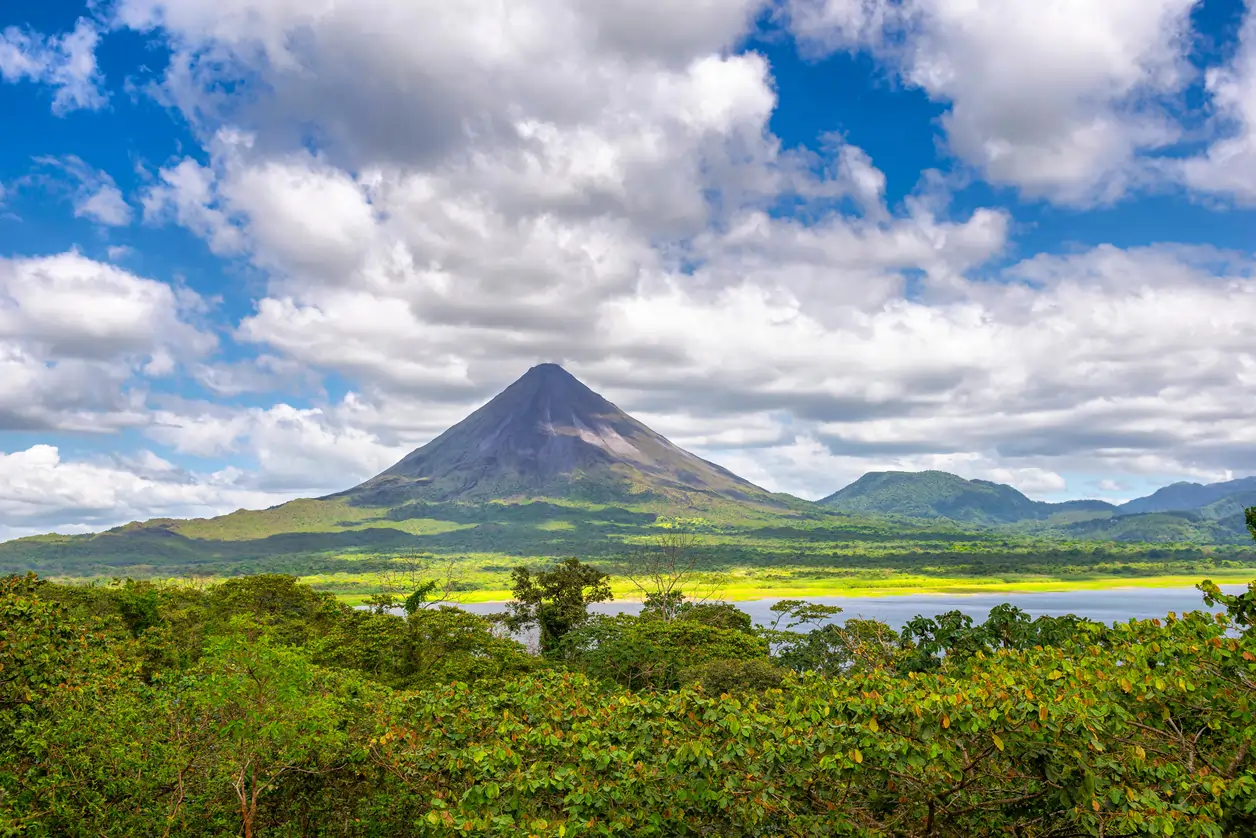
Placing an emphasis on “sustainable productivity”, Costa Rica has emerged as the world’s leading near-shorting destination for high-tech companies
Home to over 360 multinational companies, Costa Rica is punching well above its weight when it comes to attracting FDI greenfield projects. In 2021, the nation received 103 projects, 32 of which were new companies and 71 were reinvestments. This staggering performance meant Costa Rica ranked No.1 in Investment Monitor’s 2022 Inward FDI Performance Index, achieving a winning score of 13.4. This means that during 2021, Costa Rica received 13.4 times the number of new FDI projects than expected, given the size of its economy. This positioned the country ahead of competing nations such as North Macedonia, the UAE, Croatia, and Serbia.
Such success is not new to Costa Rica. Even during the Covid pandemic, the country achieved record figures in terms of FDI and job creation. Its resilience and adaptability were tangible, with 98% of service companies working entirely from home in a matter of days – a feat involving some 70,000 people. Even operations related to life sciences or advanced manufacturing suffered no disruption.

So, how has the oldest democracy in Latin America gone from being an alternative choice for expansion and relocation strategies to the most coveted near-shoring destination in the Americas?
“Sustainable productivity”, is the answer, and the term used by the Costa Rican Investment Promotion Agency (CINDE) to describe the country’s growth mindset. “Costa Rica’s commitment to sustainability is our flagship to develop the right conditions for multinational companies that are looking to invest with purpose,” says Jorge Sequeira, Managing Director of CINDE – which has been recognised as the world’s No.1 investment promotion agency five times by the UN’s International Trade Centre. This growth mindset is supported by three pillars: people, planet, and prosperity.
Local talent delivering global impact
Only in 2021, Costa Rica created 22,461 skilled jobs. After abolishing its army in 1948, the country redirected this budget towards education, health, and infrastructure. This influences the nation’s priorities and decision-making, as it invests approximately 7% of its GDP in education, which is free, universal, and mandatory since 1870. Costa Rica also commits 14% of total government expenditure towards elementary, high school and post-high school education, nearly double the average 7.9% of OECD countries (OECD, 2019). This forward-thinking approach towards education ranks Costa Rica as Latin American’s No.1 Country for “Human Capital, Workforce Skills, and Quality Education” according to the WEF’s 2019 Global Competitiveness Report.
With an eye on the future, CINDE is constantly seeking to understand where talent gaps need to be addressed between the education curriculum and the requirements of the leading multinational companies established in the country. This has allowed for a continuous update of its productivity, through reskilling and retooling, with programmes such as Tools For Success and Talent Up leading the way.
Multilingual development, particularly for English, is a top priority for the country. Currently, over 95% of knowledge-intensive services exports are delivered in English to the world. These services are also delivered in 12 languages, including Mandarin, Portuguese, French, German, Italian, and many others.
The power of preservation

Costa Rica has placed sustainable development at the top of its agenda for more than 60 years. In 2016, right after COP21, Costa Rica became the first nation to sign the National Pact for the Advancement of the United Nations’ Sustainable Development Goals (SDGs). Additionally, the government declared its National Decarbonisation Plan, which aims to make the country completely carbon-neutral by the year 2050.
Part of these goals are related to the stewardship of Costa Rica’s natural ecosystems. The country is home to 6.5% of the world’s biodiversity – which must be protected at all costs. Costa Rica therefore instated its Protected Areas System, which places 26% of its territory under schemes such as national parks, conservation, and natural reserves. Moreover, in 2021 Costa Rica won the Earthshot Prize, in the “Protect & Restore Nature” category, by saving its once devastated forests, becoming the only country in the world to reverse deforestation. Today, an astounding 59% of its territory is covered by forests, according to a 2021 World Bank report.
The country’s focus on sustainability is backed up by numbers: 99% of its energy comes from renewable sources such as solar, wind, and hydro – a highly attractive proposition for companies seeking carbon neutrality.
A strategic location for high-tech multinationals
Costa Rica has gone beyond just preserving its precious ecosystems, and become a technology-enabled, collaborative ecosystem where more than 360 multinational companies come together to thrive and innovate. This collection of companies includes global leaders across a vast array of industries: Intel, Boston Scientific, Pfizer, Amazon, Microsoft, Medtronic, Coca-Cola, and Bayer, are just a few of the names among industries such as manufacturing, life sciences, corporate and business processes, creative industries, digital technologies, wellbeing, and tourism infrastructure.
In addition to talent, the country’s Free Trade Zone Regime has been one of the main reasons for the reinvestment of companies. This regime comprises incentives and benefits like tax exemptions as low as 0% (OECD and WTO approved). Second, is the country’s cluster energy strategy, connecting key players in their respective industries. Currently, the fields of medtech, biomaterials, cybersecurity and aerospace have been forged under this scheme.
Finally, Costa Rica is the perfect export partner, given its strategic location in the heart of the Americas, as well as its openness and participation in 15 Free Trade Agreements. The country also has 50 commercial partners, including the European Union (EU-27), the European Free Trade Association, China, Singapore, the US, Canada, and others.
One of the country’s many success stories is Intel, which opened its operation in Costa Rica back in 1997, and reinvested in Costa Rica multiple times. In the last two years, its investments exceed $1bn, with a headcount of 3,500, whilst providing jobs for more than 5,600 contractors. Its 25th anniversary marked the inauguration of its Assembly and Test Operations plant and last May, Intel announced the expansion of its R&D centre with a unique laboratory within the corporation. Alongside these, its high-value activities also include a Global Services Center.
So, isn’t it time your company learned more about Costa Rica and its value proposition? Then be a part of a progressive country that is growing for the better, instead of at all costs.
Further information
RECENT ARTICLES
-
 Zanzibar’s tourism boom ‘exposes new investment opportunities beyond hotels’
Zanzibar’s tourism boom ‘exposes new investment opportunities beyond hotels’ -
 Residence and citizenship planning is reshaping global wealth strategies
Residence and citizenship planning is reshaping global wealth strategies -
 Building sovereign bridges by attracting global investors
Building sovereign bridges by attracting global investors -
 Bahrain cuts property investment threshold for golden residency
Bahrain cuts property investment threshold for golden residency -
 Where mobility meets opportunity: Malta’s strategic advantage for global investors and innovators
Where mobility meets opportunity: Malta’s strategic advantage for global investors and innovators -
 UK government sets up Women in Tech taskforce amid gender imbalance concerns
UK government sets up Women in Tech taskforce amid gender imbalance concerns -
 Malta introduces Nomad Heritage Card for remote professionals
Malta introduces Nomad Heritage Card for remote professionals -
 How free global cities could reshape the future of migration
How free global cities could reshape the future of migration -
 Dominican Republic positions itself as Caribbean hub for sustainable trade and investment
Dominican Republic positions itself as Caribbean hub for sustainable trade and investment -
 Biviana Riveiro Disla speaks to The European about the Dominican Republic’s role as a hub for trade and investment
Biviana Riveiro Disla speaks to The European about the Dominican Republic’s role as a hub for trade and investment -
 Liechtenstein tops global index for foundations
Liechtenstein tops global index for foundations -
 Keeping the door open: wealthy UK citizens investing their way back into the EU
Keeping the door open: wealthy UK citizens investing their way back into the EU -
 Ethiopia emerges as a sustainable investment leader on the African stage
Ethiopia emerges as a sustainable investment leader on the African stage -
 France’s FDI renaissance marks a Nouvelle Ère for Europe
France’s FDI renaissance marks a Nouvelle Ère for Europe -
 The Turks and Caicos Islands: A new era for financial services and innovation
The Turks and Caicos Islands: A new era for financial services and innovation -
 Jersey in focus – an interview with Chief Minister Deputy Lyndon Farnham
Jersey in focus – an interview with Chief Minister Deputy Lyndon Farnham -
 Malta – a popular base for digital nomads
Malta – a popular base for digital nomads -
 Move to Guernsey: The Channel’s island gem
Move to Guernsey: The Channel’s island gem -
 Malta’s residency-by-investment programme: a clear path to permanent residency
Malta’s residency-by-investment programme: a clear path to permanent residency -
 The banking shift that Europe’s businesses can’t afford to ignore
The banking shift that Europe’s businesses can’t afford to ignore -
 High-net-worth Europeans turn to investment migration amid security fears
High-net-worth Europeans turn to investment migration amid security fears -
 Beyond the beaches: a spotlight on the Turks and Caicos Islands
Beyond the beaches: a spotlight on the Turks and Caicos Islands -
 Video Interview with Dr. Christian H. Kaelin of Henley & Partners
Video Interview with Dr. Christian H. Kaelin of Henley & Partners -
 Ireland’s resilience and future in Foreign Direct Investment
Ireland’s resilience and future in Foreign Direct Investment -
 Video Interview with Peta Conn of Invest Northern Ireland
Video Interview with Peta Conn of Invest Northern Ireland




